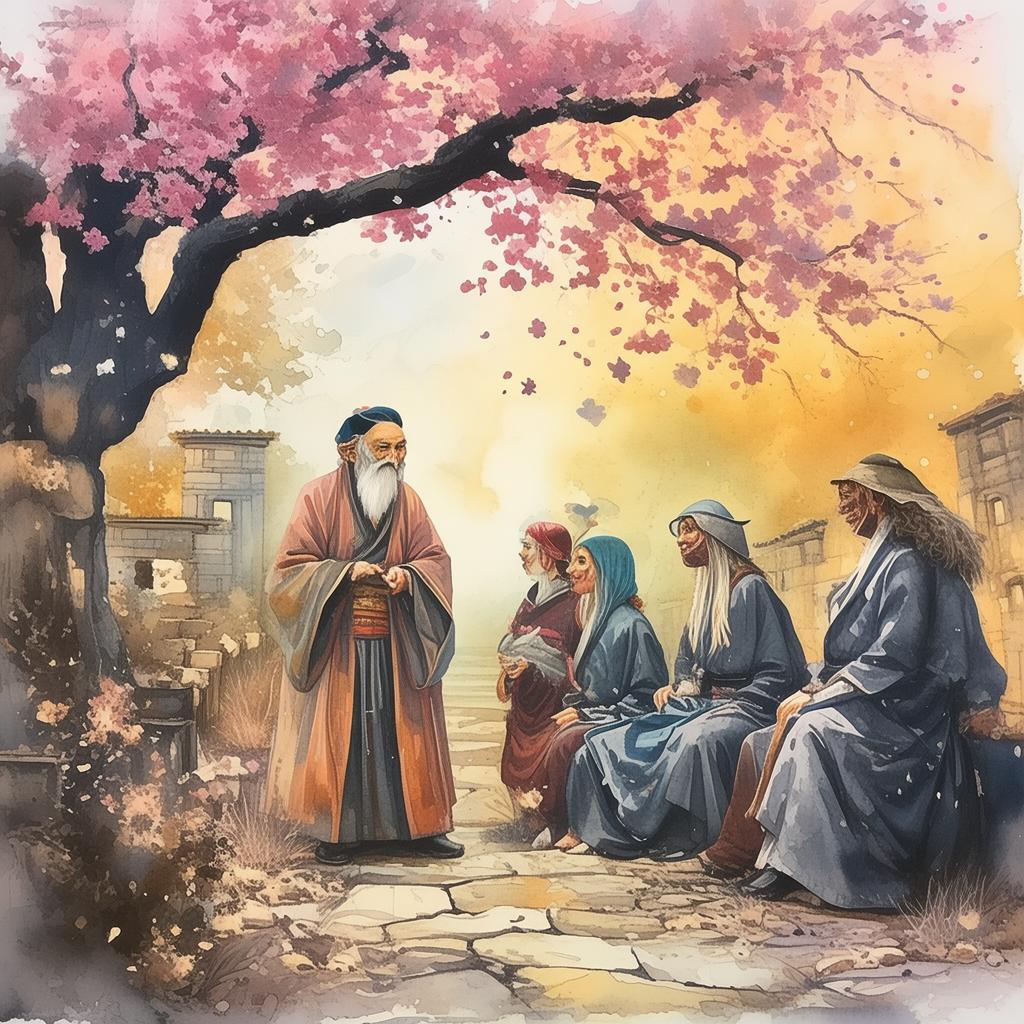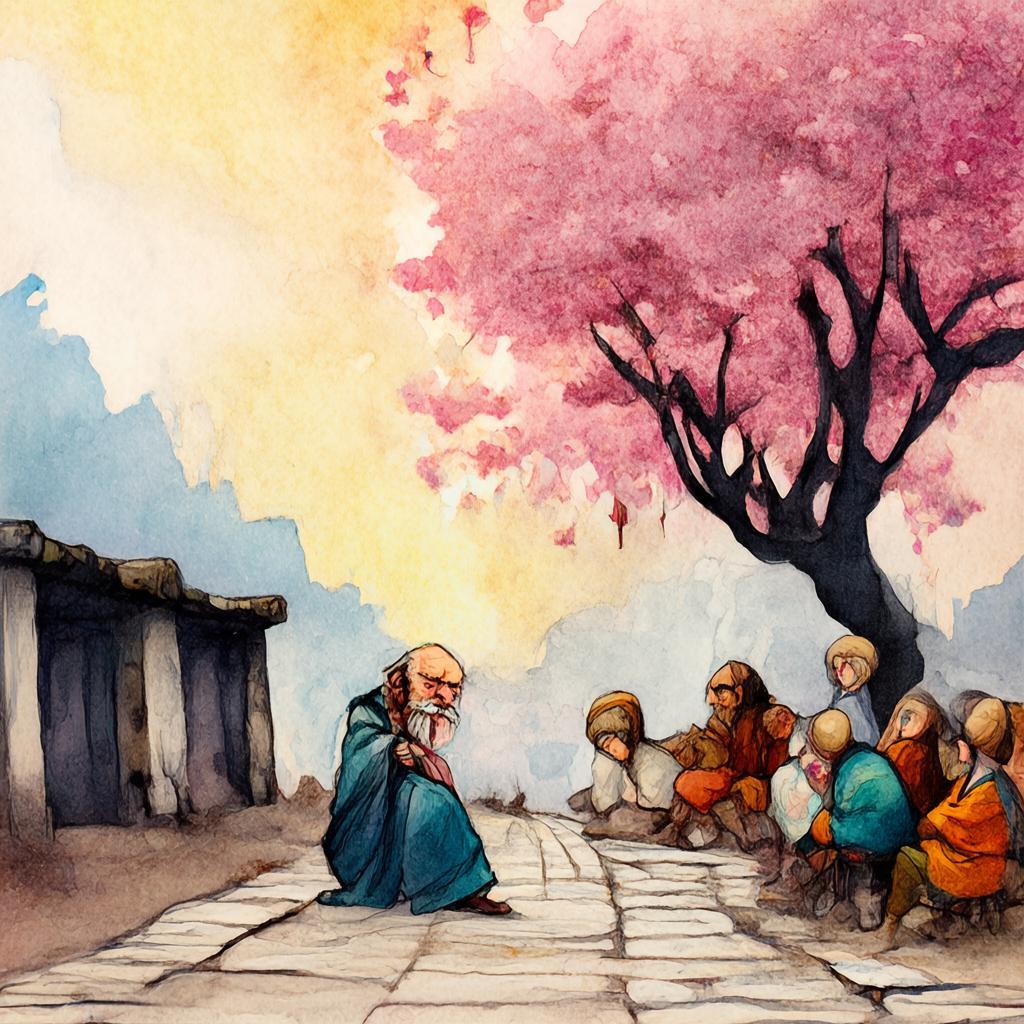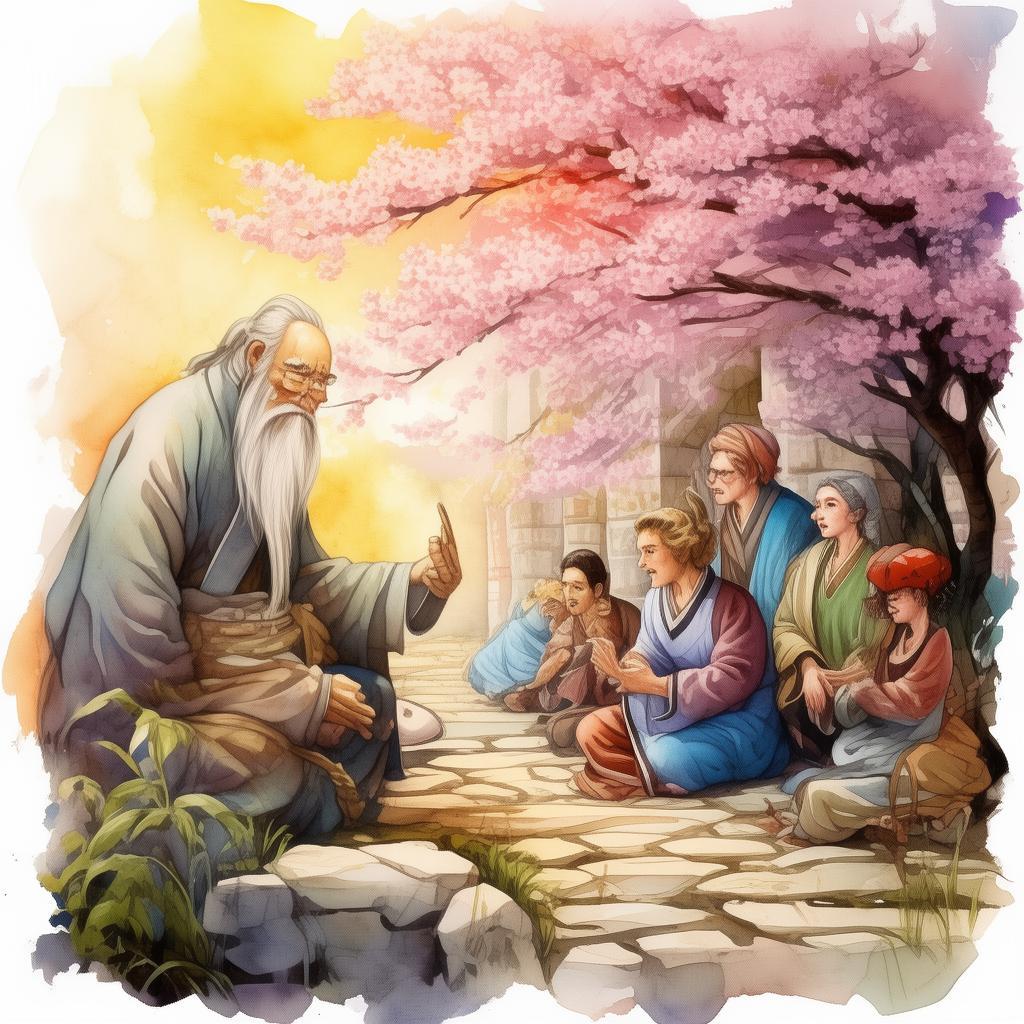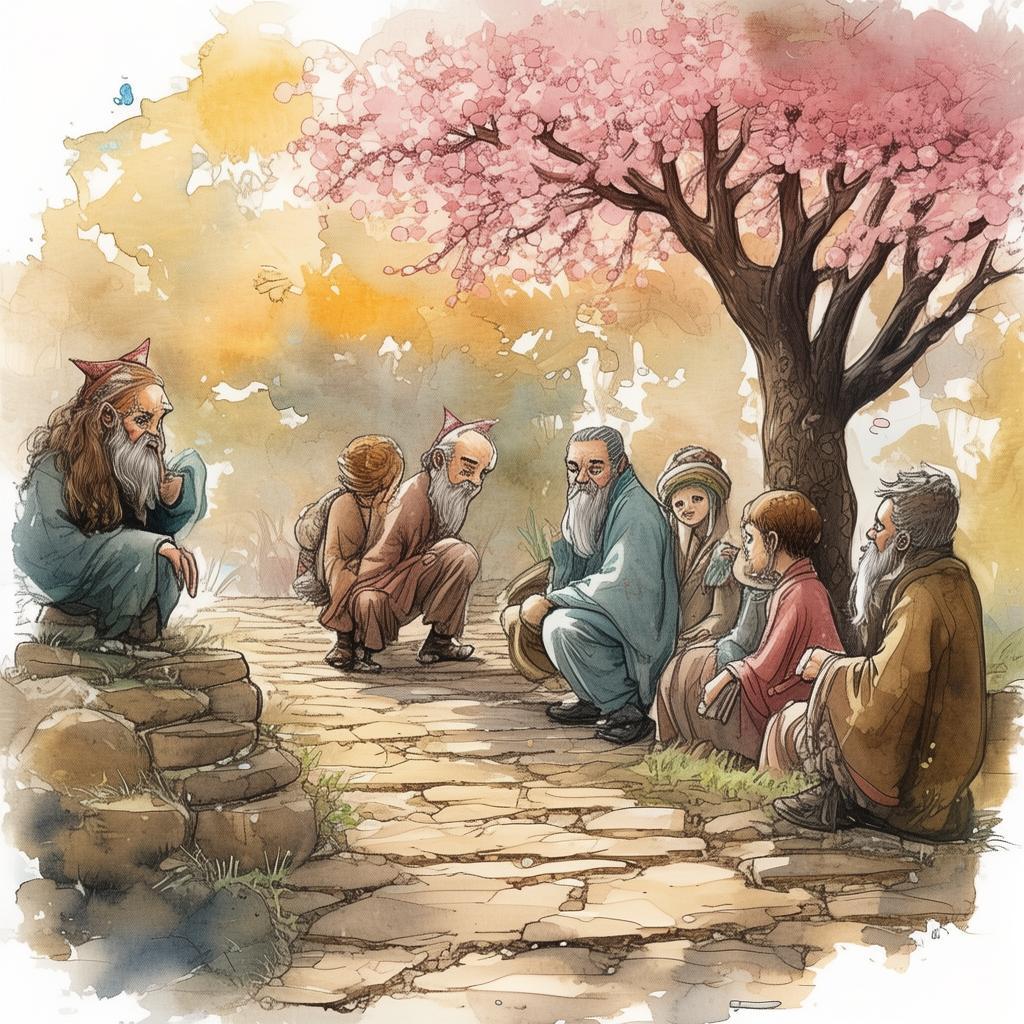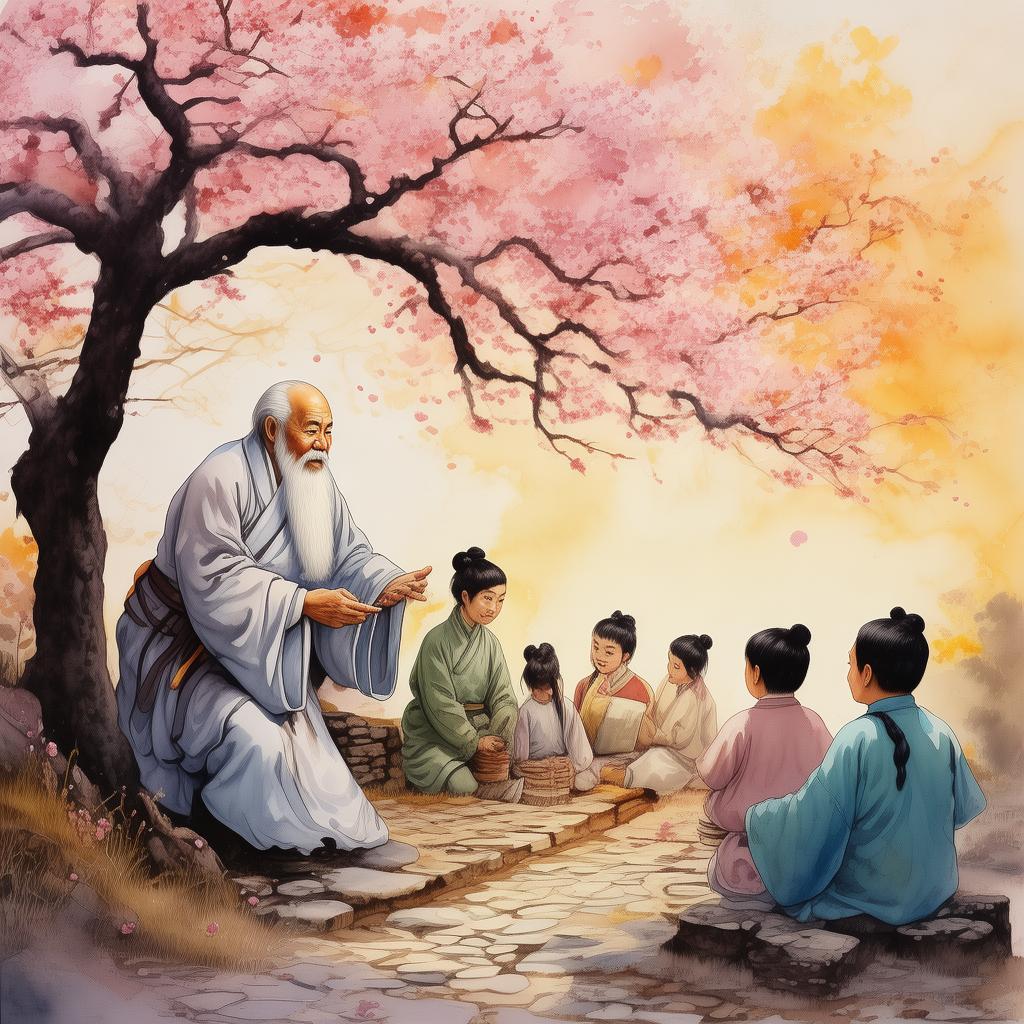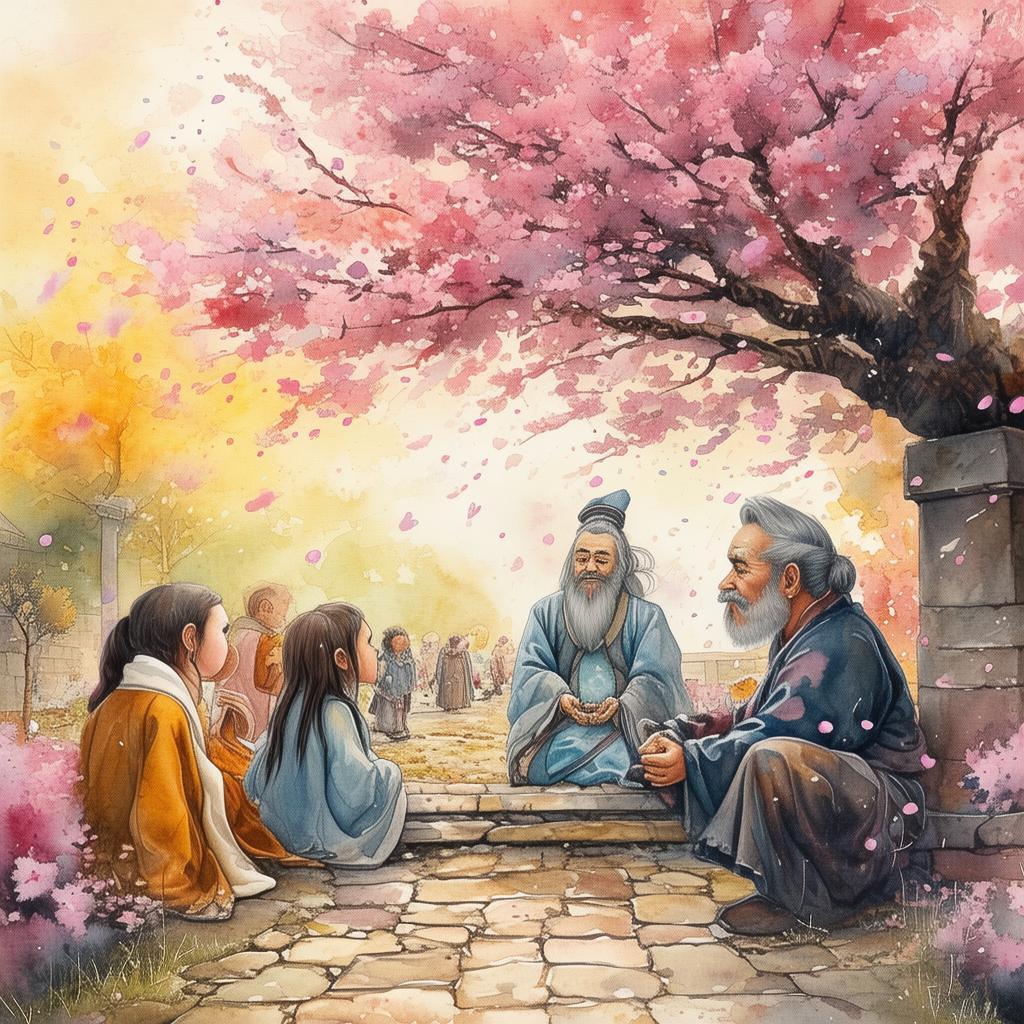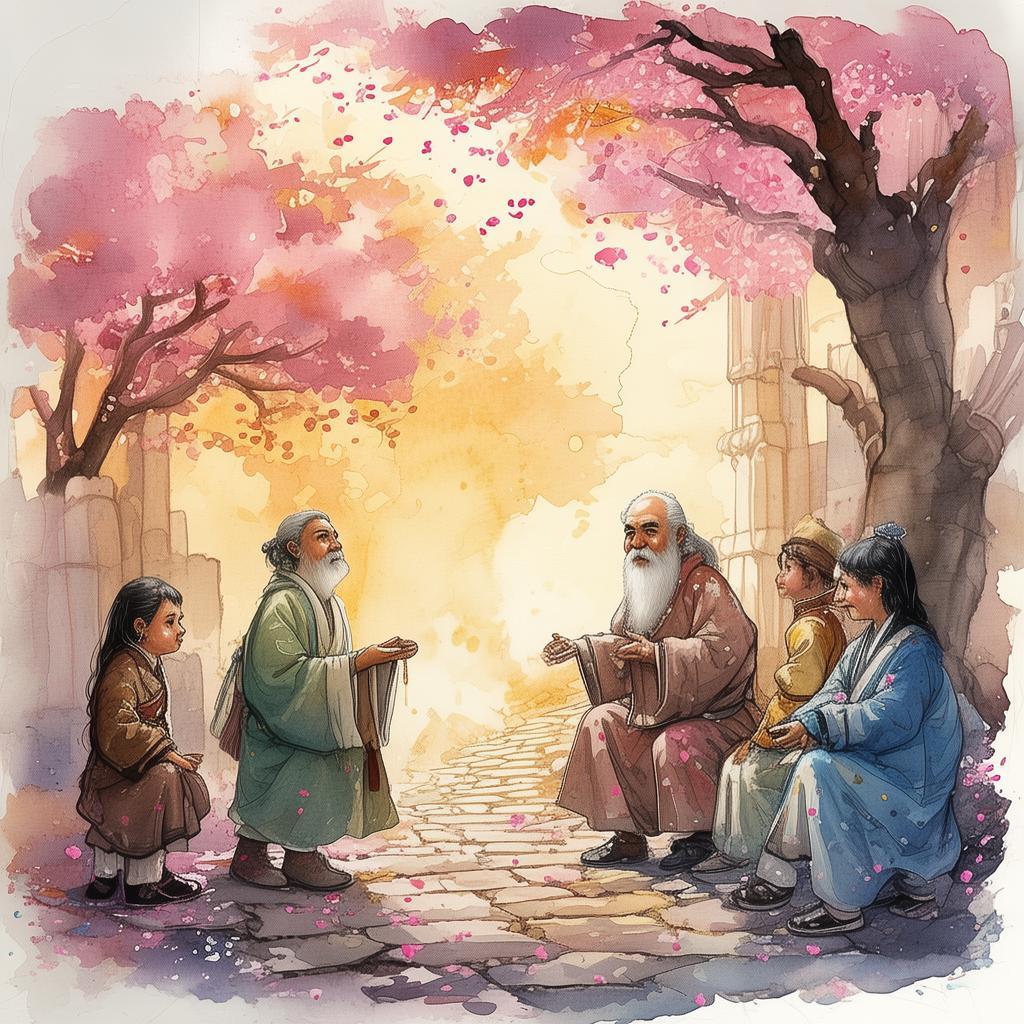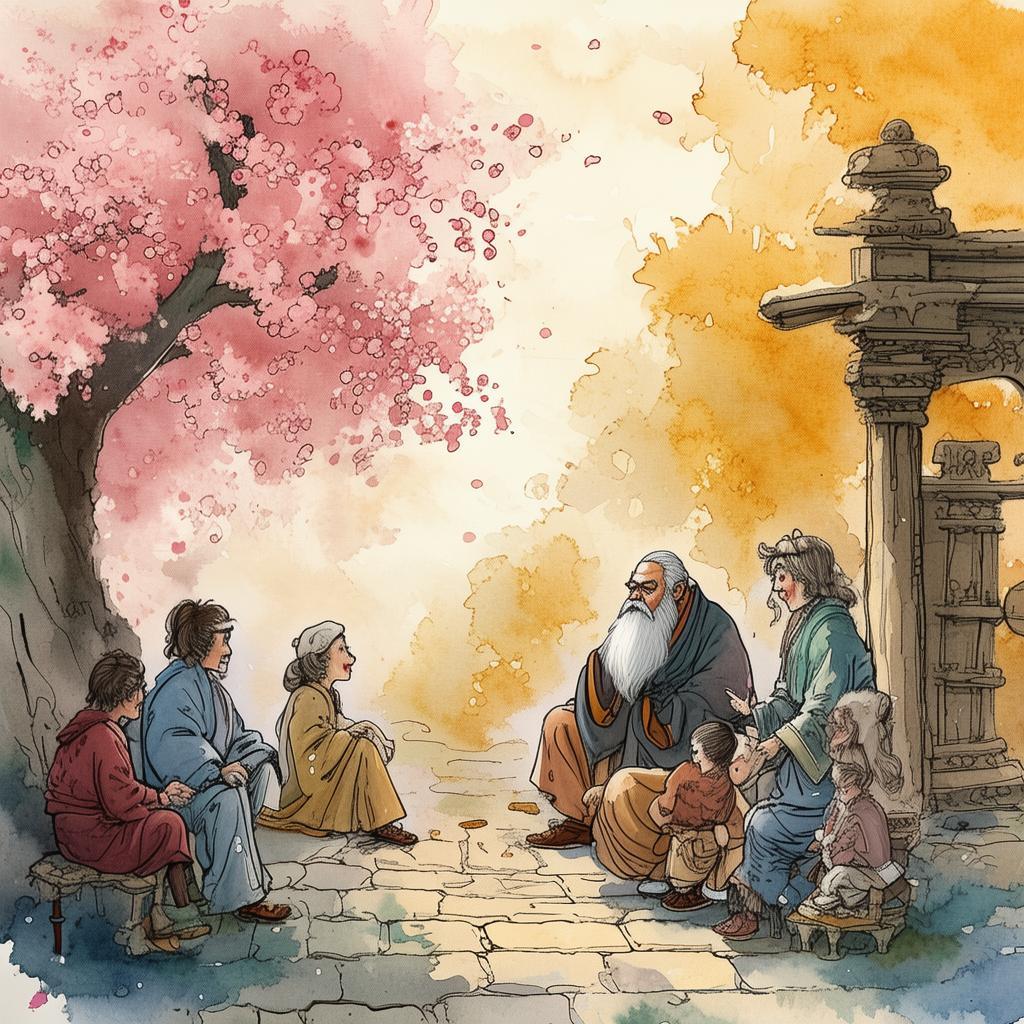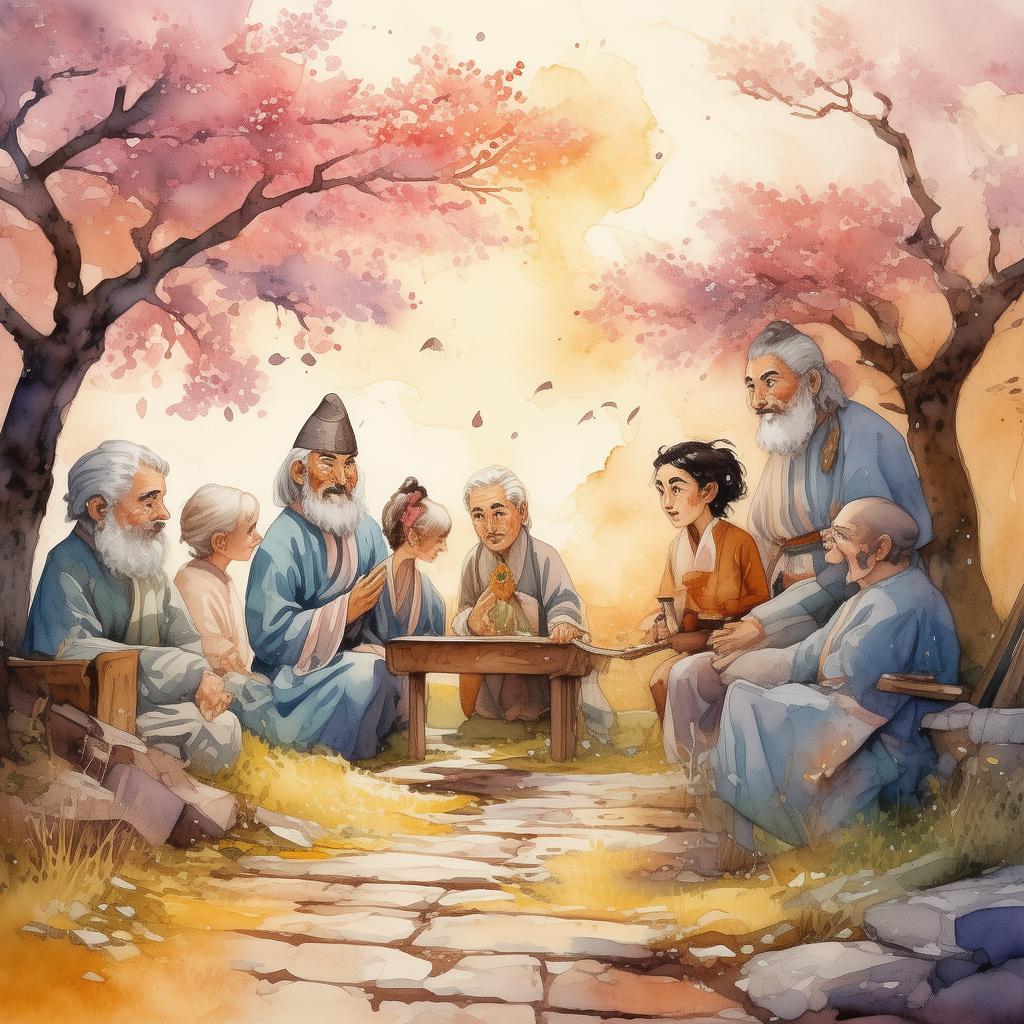The Three-Strand Requiem: A Tragic Tale of Love and War
In the heart of a kingdom torn by war, there were two brothers, each a son of the king, but divided by fate. The elder brother, Liang, was a knight of valor, sworn to protect the realm and its people. The younger brother, Ming, was a poet, his heart filled with dreams of peace and love. Their bond was the strongest, but their destinies were set to collide.
The king, a wise and just ruler, had a secret he had kept from his sons. He was not their biological father, but a man who had taken them in as his own, seeing in them the seeds of a future that could unite the kingdom. The true heir to the throne was the son of a noblewoman who had been banished for heresy. The king, in a twist of fate, had been the one to banish her, thus creating a cycle of tragedy.
As the war raged on, Ming found himself drawn to the noblewoman's daughter, Yueling. Their love was forbidden, but it was pure and strong, a beacon of hope in the midst of the chaos. Liang, however, was torn. He loved his brother, but he was bound by his duty as a knight. He knew that if the truth were to be revealed, it would tear the kingdom apart.
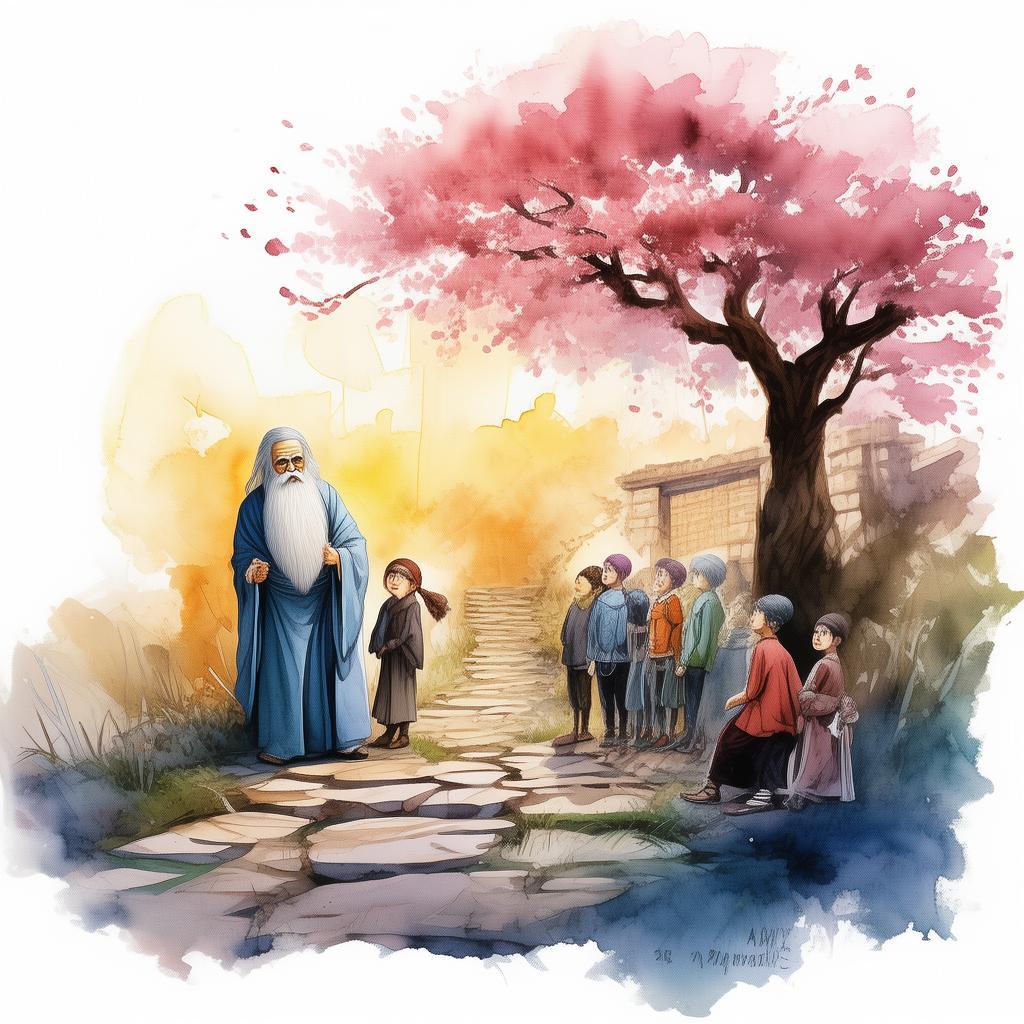
The Three-Strand Requiem, a haunting piece of music composed by the king, was a symbol of the brothers' bond, woven from the three strands of their lives: the knight's sword, the poet's quill, and the king's crown. It was a requiem, a farewell, a promise that their love would never be forgotten.
Ming, driven by his love for Yueling, sought to bring peace to the kingdom. He believed that if he could prove the noblewoman's innocence, the war would end, and he and Yueling could live happily ever after. Liang, however, knew that revealing the truth would mean the end of his kingdom and his family.
As the war intensified, Ming's actions began to draw attention. He was seen as a traitor, a man who sought to betray his king and his brother. Liang was forced to confront his loyalties. He had to choose between his duty as a knight and his love for his brother.
The climax of their story came in a battle that would determine the fate of the kingdom. Ming was captured, and it was up to Liang to decide whether to execute him. In a moment of profound clarity, Liang realized that his duty was not just to the kingdom but to the truth and to the love that bound them all.
He freed Ming and revealed the truth to the king. The king, in a twist of fate, was grateful for the revelation, as it allowed him to make amends for his past mistakes. The war ended, and the kingdom was united under a new king, one who was just and fair.
Ming and Yueling were allowed to marry, and their love blossomed in the peaceful aftermath of war. The Three-Strand Requiem was performed for the first time in years, a celebration of the love that had been tested and proven.
The story of Liang and Ming was a testament to the power of love, even in the face of war and betrayal. It was a tale of loyalty, of duty, and of the enduring bonds that can overcome even the deepest of wounds. The Three-Strand Requiem remained a symbol of their love, a reminder that some things are worth fighting for, even in the darkest of times.
✨ Original Statement ✨
All articles published on this website (including but not limited to text, images, videos, and other content) are original or authorized for reposting and are protected by relevant laws. Without the explicit written permission of this website, no individual or organization may copy, modify, repost, or use the content for commercial purposes.
If you need to quote or cooperate, please contact this site for authorization. We reserve the right to pursue legal responsibility for any unauthorized use.
Hereby declared.
